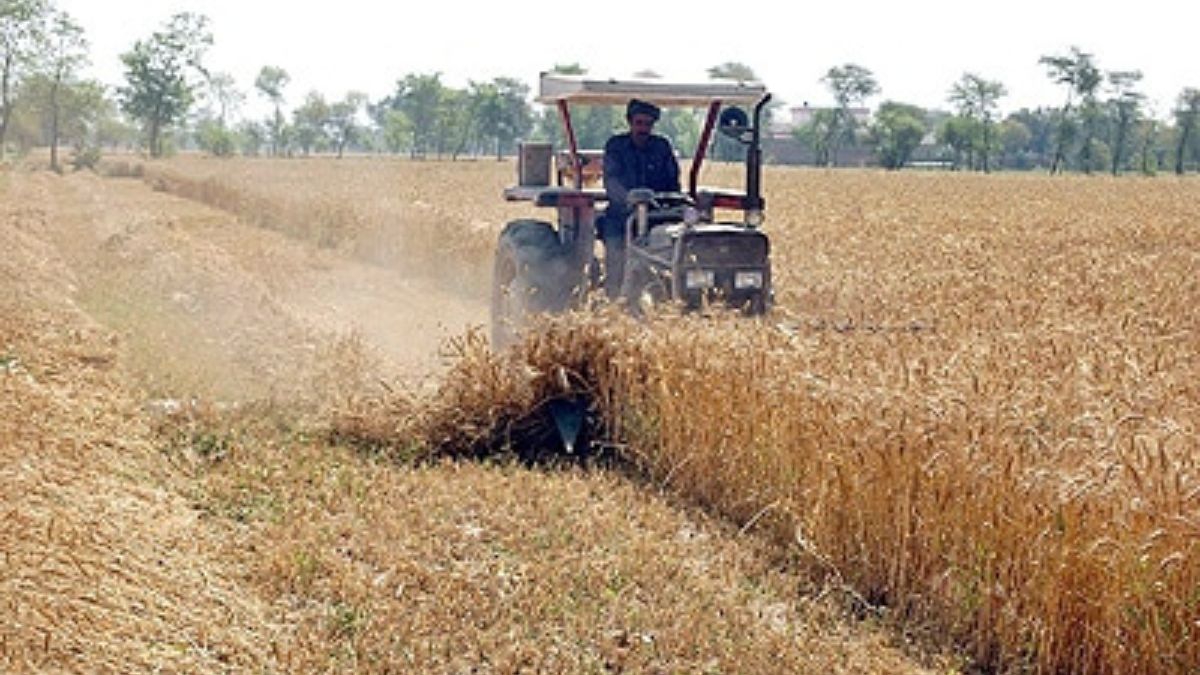Pakistan’s wheat farming sector has experienced a significant financial setback, incurring losses totaling Rs. 2,200 billion within the span of a single year. This unprecedented loss reflects a confluence of market disruptions, natural calamities, and fiscal policy challenges that have adversely impacted the agricultural landscape.
A major contributing factor to this downturn was the wheat import controversy in 2024. Despite the government’s announcement of a support price at Rs. 3,900 per 40 kilograms, farmers were compelled to sell their produce at substantially lower rates, ranging between Rs. 2,800 and Rs. 3,000 per 40 kilograms. This price disparity triggered widespread dissatisfaction and protests among farmers nationwide, highlighting the gap between government policy and market realities.
Read More: Govt of Pakistan Launches 7th Digital Agricultural Census to Modernize Farming Sector
Further exacerbating the crisis were the catastrophic floods of 2022, which inflicted severe damage on agricultural infrastructure and livestock, particularly in Balochistan. The natural disaster resulted in the loss of over 1.1 million livestock and the destruction of critical transportation networks, thereby impeding farmers’ ability to recover and distribute their harvest effectively.
Compounding these challenges, the Federal Board of Revenue (FBR) reported a substantial revenue shortfall of Rs. 2.2 trillion in the 2022-23 fiscal year. This deficit primarily stemmed from extensive tax exemptions and reduced rates applied to agricultural inputs and commodities. While these fiscal measures were intended to alleviate financial burdens on farmers, they simultaneously constrained government resources, limiting the capacity to provide adequate support to the agricultural sector.
The cumulative effect of these factors underscores the urgent need for a strategic, coordinated response from policymakers, industry stakeholders, and government agencies. Ensuring fair pricing mechanisms, enhancing disaster resilience, and implementing sustainable fiscal policies will be critical to safeguarding the livelihoods of Pakistan’s farming community and stabilizing the wheat sector in the long term.
Read More: How Is ZTBL Transforming Pakistan’s Agriculture in 2025









